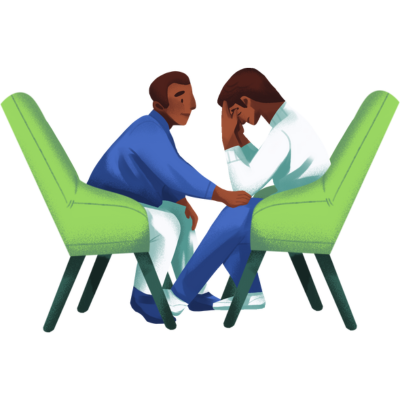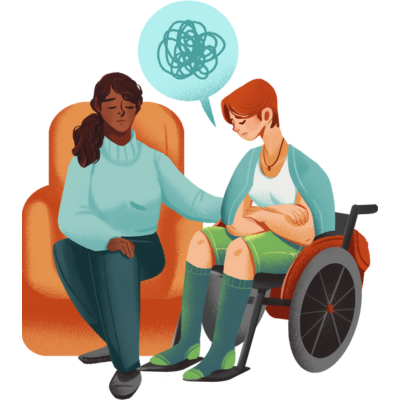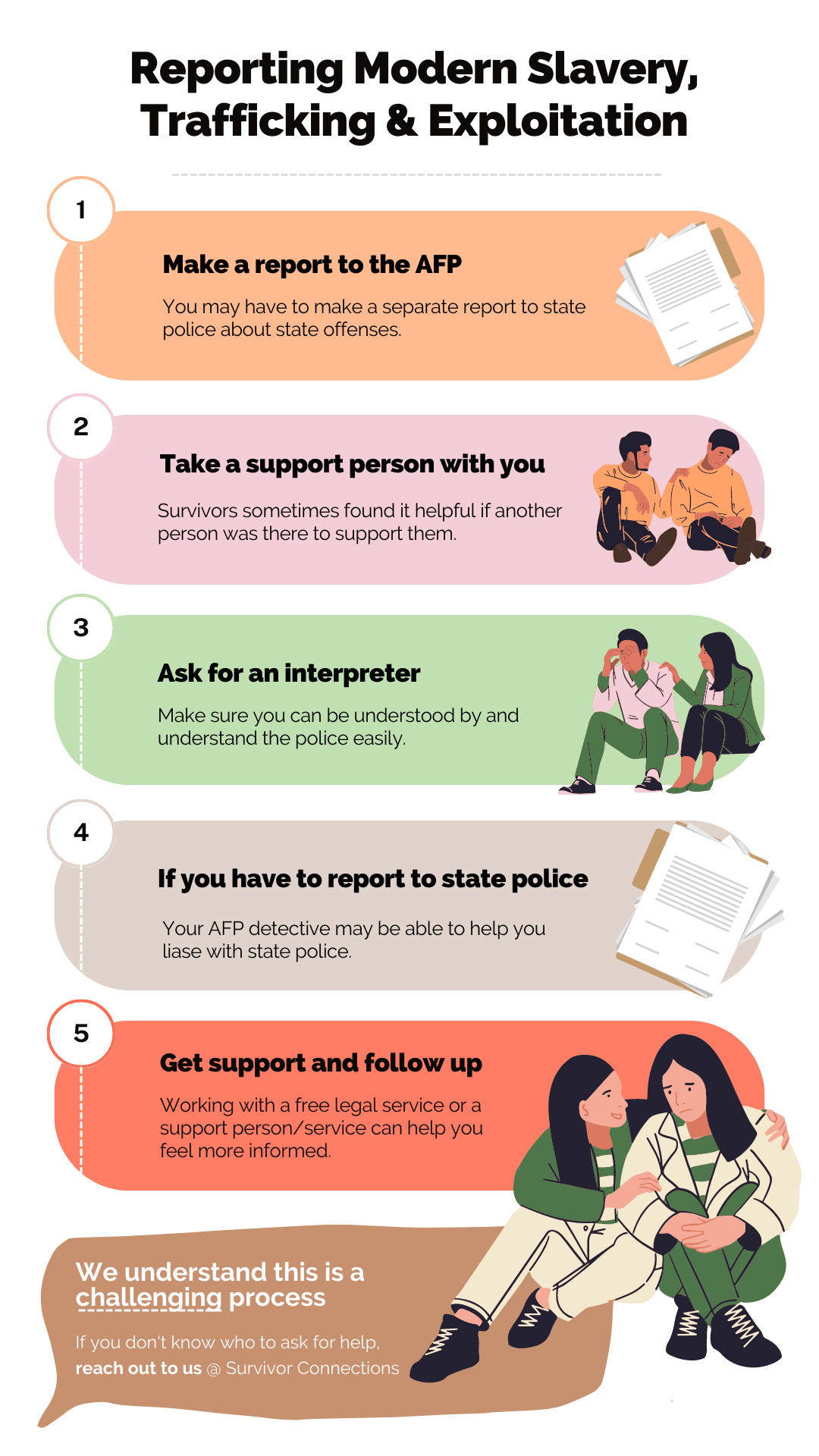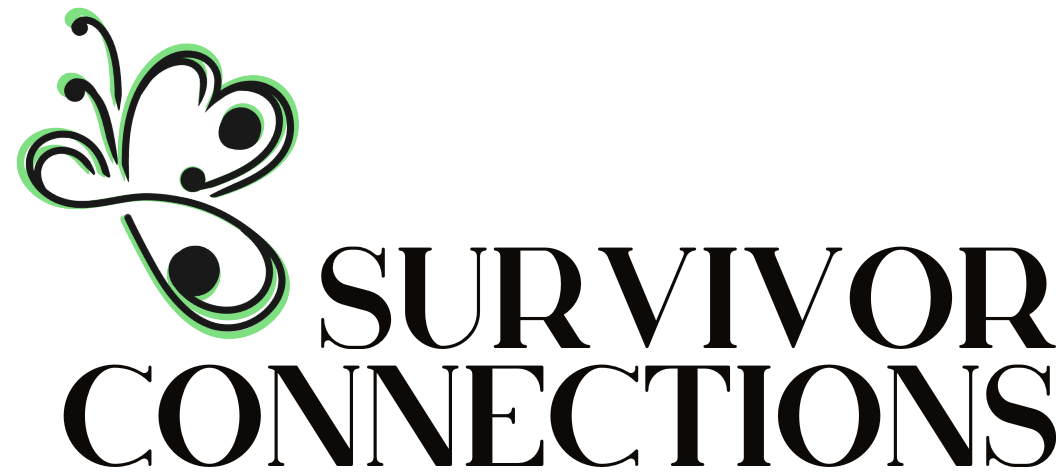Reporting

131 AFP (131237).
Reporting any crime can be traumatic and challenging, but reporting issues of Modern Slavery can be very confusing for a few different reasons:
- Often survivors are not aware that they have experienced exploitation or a situation of modern slavery, and don’t know where to go for help.
- Survivors are afraid of the police and immigration and fear they will be deported or punished themselves. Many people may fear getting in trouble if their perpetrator has forced them to do illegal things, or has put them in a situation of breaching visa restrictions.
- Survivors may be afraid that reporting will put them, their loved ones, or the new life they are trying to build, at risk. People are afraid of what the perpetrator or police could do to them or their family if they report.

- Sometimes survivors feel a lot of shame about how they ended up in a situation of exploitation, or worry about the shame they might bring to their family if people find out.
- It is difficult to explain to police what is happening/has happened because of language barriers.
- Local police/law enforcement officials may not know the specific legislation or processes to refer and investigate issues of modern slavery.

- Reliving experiences to give police statements and the investigation process can be very traumatic.
- Survivors sometimes feel responsibility or guilt in causing problems for their perpetrator or other people that may be involved in the situation. There may be concern that police action could harm other victims or others connected with the perpetrator in the process.
- Survivors feel they will not have the right evidence or that no one will believe them.
- The process is very long, and it can seem pointless and overwhelming. Often police do not communicate with survivors about what is happening, and things can seem hopeless.

Tips for reporting
Not all survivors of modern slavery/trafficking/exploitation will want to, or be able to report to the police. At Survivor Connections we believe that every survivor should make the choice that is right for them.
If reporting what has happened to the police is important to you, and it is safe for you to do so, here are some things that we learned:

Barriers to prosecution
The most important thing to know, is that unfortunately, only a very small percentage of the reported crimes of modern slavery are currently prosecuted in Australia.
This does NOT mean you haven’t experienced trafficking or modern slavery. It just means that the threshold for prosecuting these crimes in Australia is not capturing most of the crimes outlined in the legislation right now.
It is unclear why this is the case, but here are some things that other survivors have been told about this issue:

Detectives have stated...
that the threshold for prosecution currently centres around instances of physical restraint and movement across borders. According to the statics reported in the Legislative Review, crimes like deceptive recruitment and debt bondage have never been prosecuted in Australia.

Survivors have been told...
that there is not enough evidence, or not the right kind of evidence.

Survivors have been told...
that prosecutors have to meet a certain target in successful convictions to maintain their position and might not take cases where gaining a successful conviction is too tricky in the current system.
There has been no way to check that these reasons are real, but these are the reasons survivors were given when their cases didn't move forward.
Sadly, society often measures how valid an experience is, or whether someone is guilty by way of legal conviction. When that is not possible it can feel devastating.
You are not alone. Your experiences and pain are valid even if the legal system can’t respond to your situation.
One thing we do know, is that the more people are able to come forward, the more likely it is that these issues will be addressed. Many of us know we won’t see justice for ourselves, but we hope to stop others from experiencing the same.
Find out more about exploitation, human trafficking and modern slavery:


